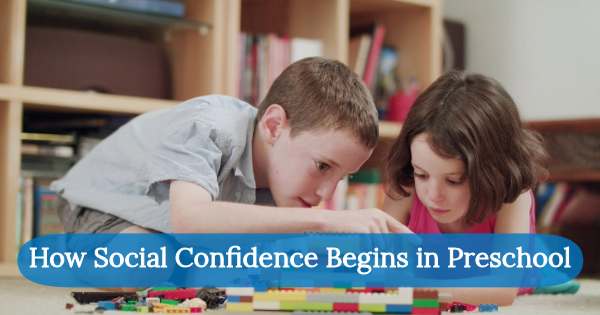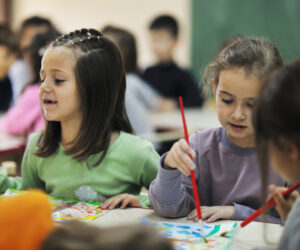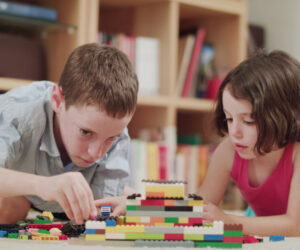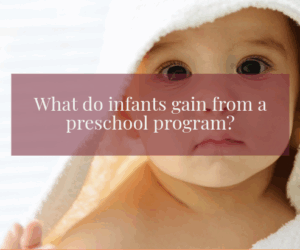How Social Confidence Begins in Preschool

As parents, there is no greater joy than watching our children thrive socially, emotionally, and intellectually. While we often focus on academic milestones, the foundation of social confidence, which is equally crucial, is often laid as early as preschool. During these formative years, children learn to share, cooperate, and communicate, setting the stage for future success. Surprisingly, the secret to nurturing social confidence might just be simpler than we think—and it all starts in the preschool environment.
Learning Empathy Through Diverse Peer Interactions
Preschool is a valuable social environment where students encounter peers from diverse backgrounds for the first time. In this setting, they learn essential communication skills and develop a sense of empathy, which are vital for building confidence. This exposure to a variety of social situations helps children learn to navigate complex interpersonal dynamics, preparing them for the challenges of later schooling and beyond. Cultivating these skills early on can significantly affect a child’s ability to form relationships and assert themselves confidently in various scenarios.
Educators as Guides in Social Skill Development
The role of private preschool educators in fostering social development cannot be understated. Skilled teachers are adept at creating inclusive and supportive environments where each preschooler feels valued and part of a community. According to ThoughtCo, private schools educate about 5.5 million students, many of whom benefit from lower student-to-teacher ratios that allow for more personalized attention. Through structured play, group activities, and guided interactions, educators can tailor their approaches to meet individual needs, promoting both academic and social growth in their students.
The Power of Parental Involvement at Home and School
Furthermore, parental involvement is a critical component of cultivating social confidence from a young age. When parents take an active role in their child’s preschool experience, reinforcing positive interactions and offering guidance at home, they bridge the gap between school and family life. Open communication between parents and educators allows for a comprehensive understanding of a preschooler’s progress socially and academically, further bolstering the child’s confidence as they navigate new experiences.
The social skills young learners acquire in preschool lay a foundation for confidence that carries through their academic journey and beyond. From interactions with peers to parental support, every aspect contributes to building a robust sense of self-assurance. If you’re interested in learning more about the profound impact of private preschool on social development, get in touch with International Children’s School!



